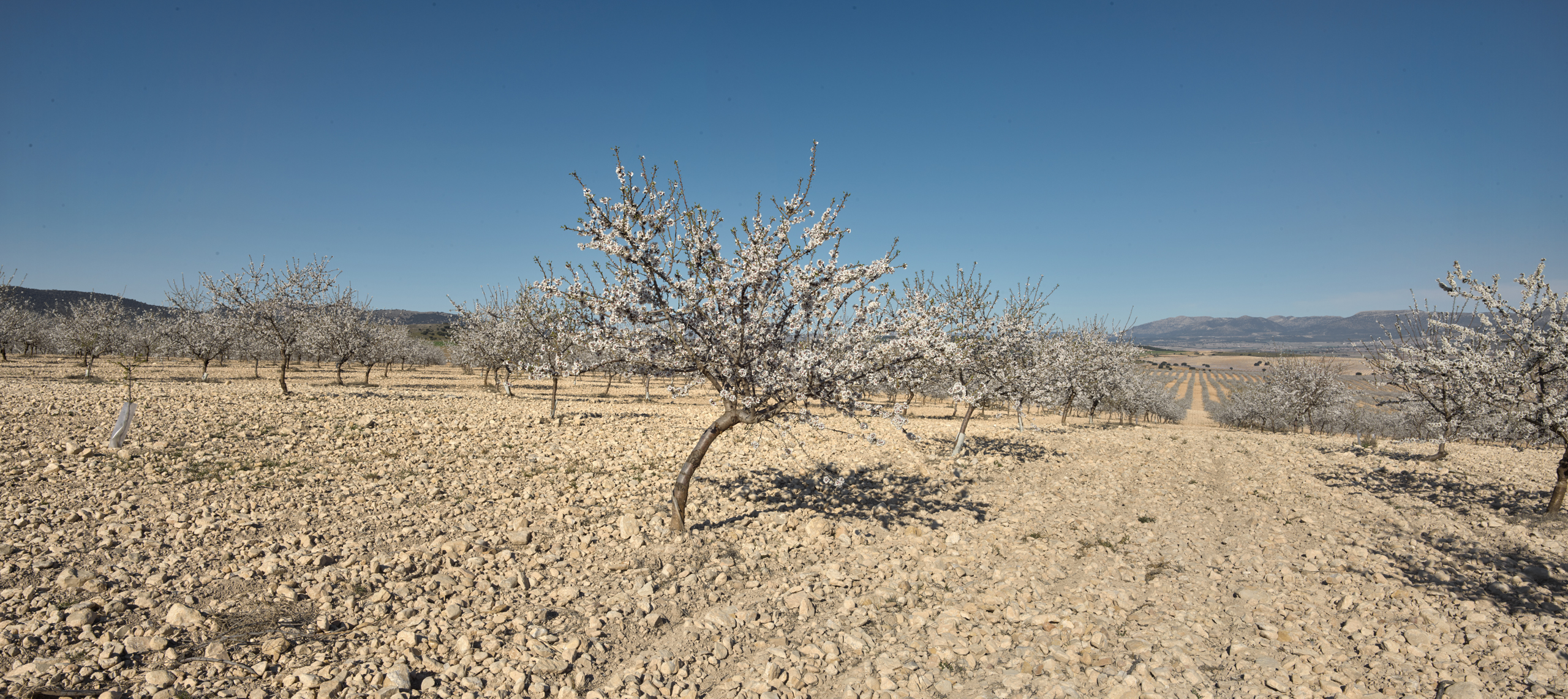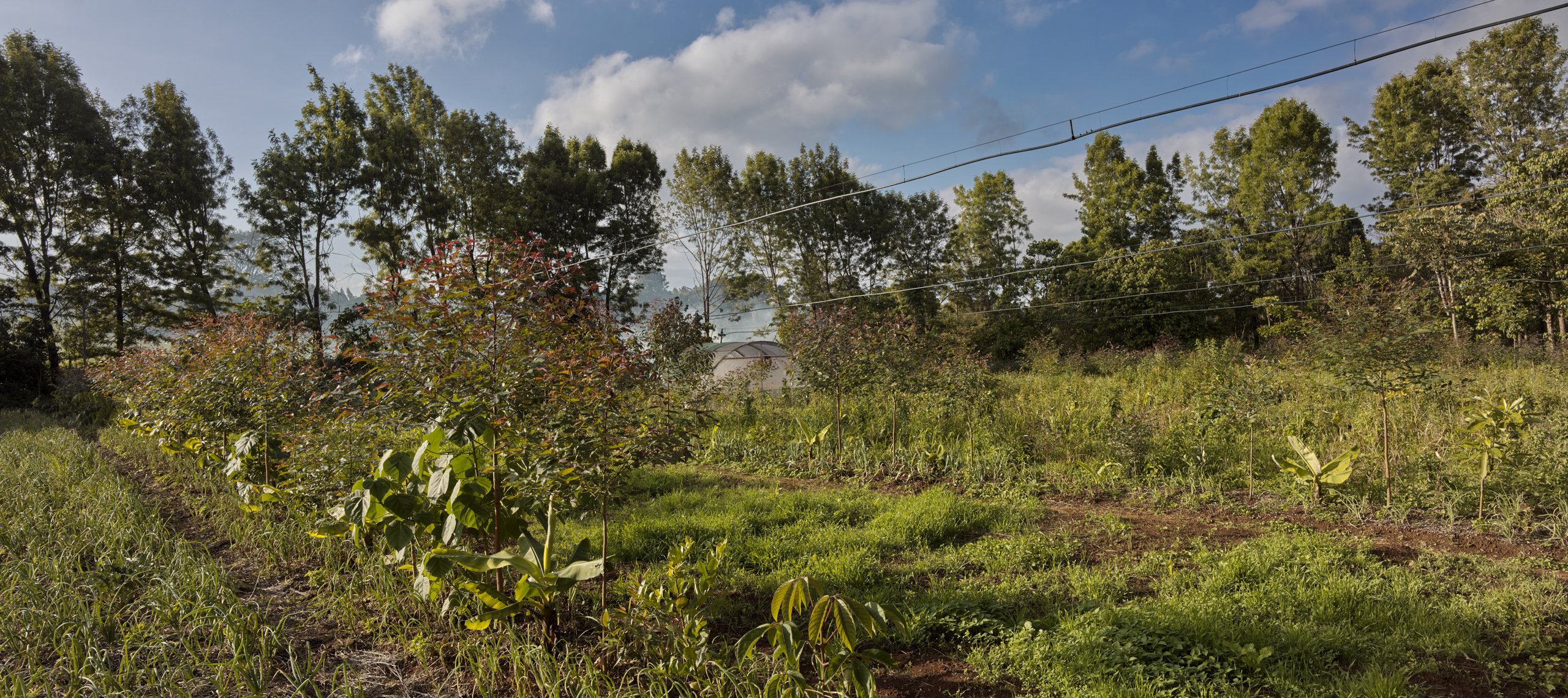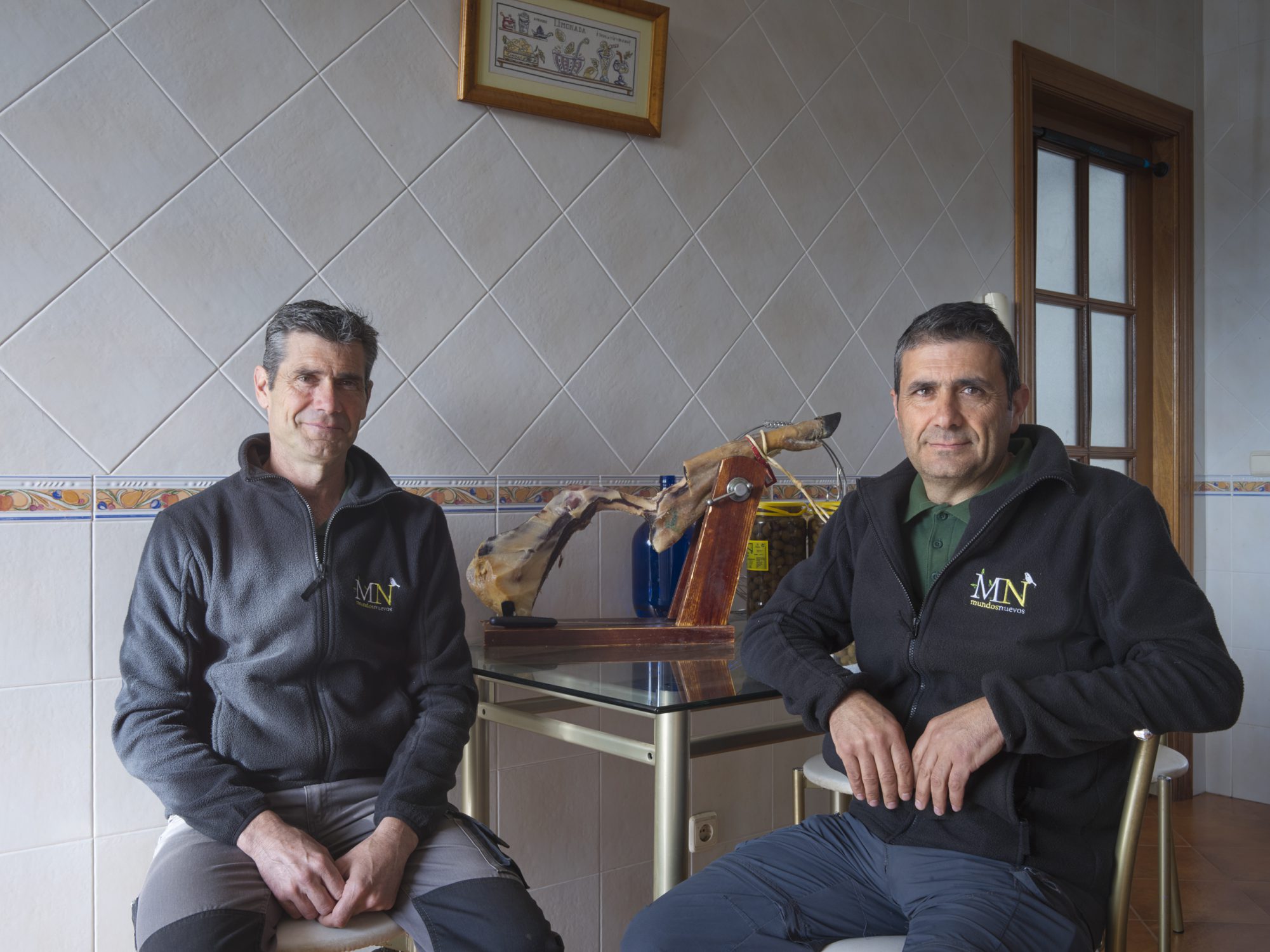
Pedro and Juan Luis Dominiguez Campa are brothers who together run the Mundos Nuevos farm, which they inherited from their father. They grow crops and livestock on 600 hectares in the Extramadura in the south-west of Spain, a semi-arid area on the border with Portugal. It’s a traditional farm, like so many in Spain.
By the time they took over the farm from their father in 1997, the European Union’s Common Agriculture Policy (CAP) was in place. With an EU subsidy, more land could be bought and the policy encouraged the brothers to expand their business. They bought bigger and heavier machines. They worked by the book, applying all the techniques of the ‘green revolution’. They used chemical fertilizers, ploughing, herbicides and all kinds of biocides, initially with great results and excellent harvests.
They thought that was because they were doing the right things by following the guidelines set out by the agricultural experts and by complying with the system. The system was successful, but only because of chemical fertilizers.
After fifteen years they noticed that the harvests were getting smaller and yields steadily declining. The soil had lost its fertility. It had lost the organic matter that contributes to soil structure and had become completely dependent on the substances they were adding to the soil.
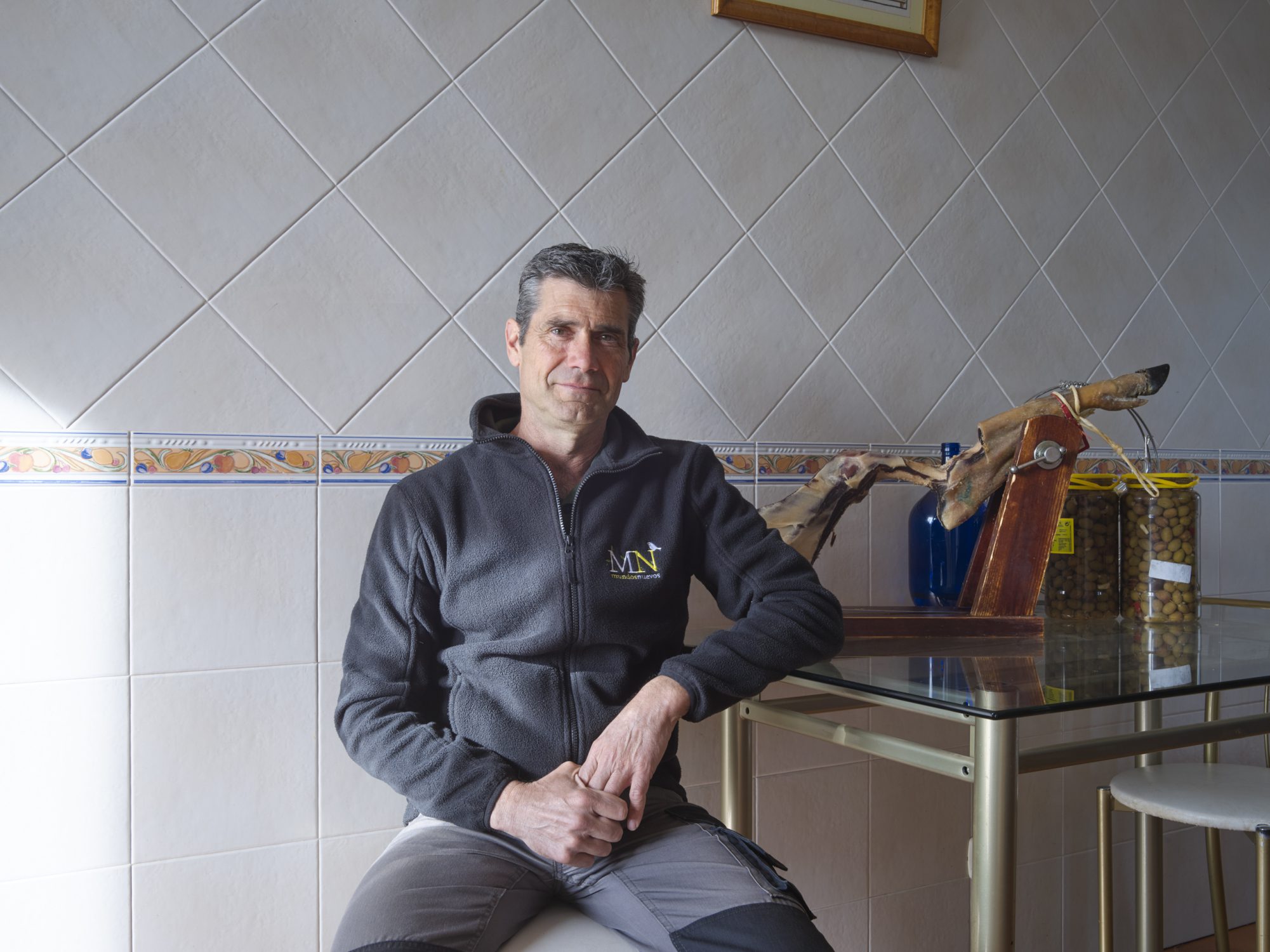
“After twenty years of farming and with everything we had inherited from our father, we realized we had never examined the ground. We were convinced we were working the soil in the right way and that the soil was only there to support our plants and crops. We were wrong.
We discovered that soil is a living organism, a farmer’s most important possession, and that with our conventional farming we had destroyed its fertility, the fertility built up in it by our father or at least respected by him with his old, traditional way of working.”
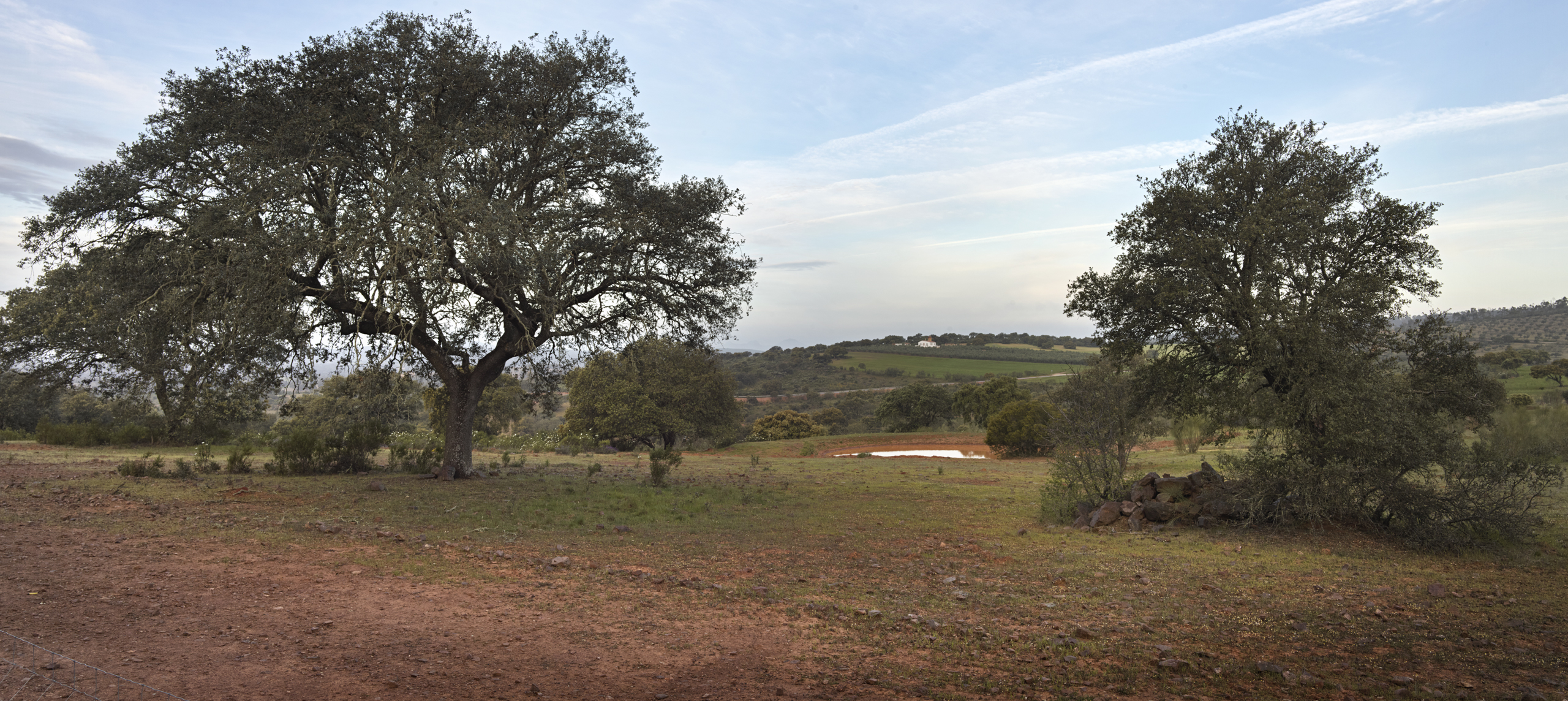
"We wanted to do things differently. We discovered organic farming, but we thought that organic farming wouldn't fully satisfy us…
...Then we discovered the regenerative agriculture movement, We fell in love with it; it fascinated us."
“We discovered that there was another way to work the soil and raise crops and livestock. Once we started to apply all the techniques we had discovered, we realized that working in a way that promotes life and natural cycles was not only possible, it was profitable.”
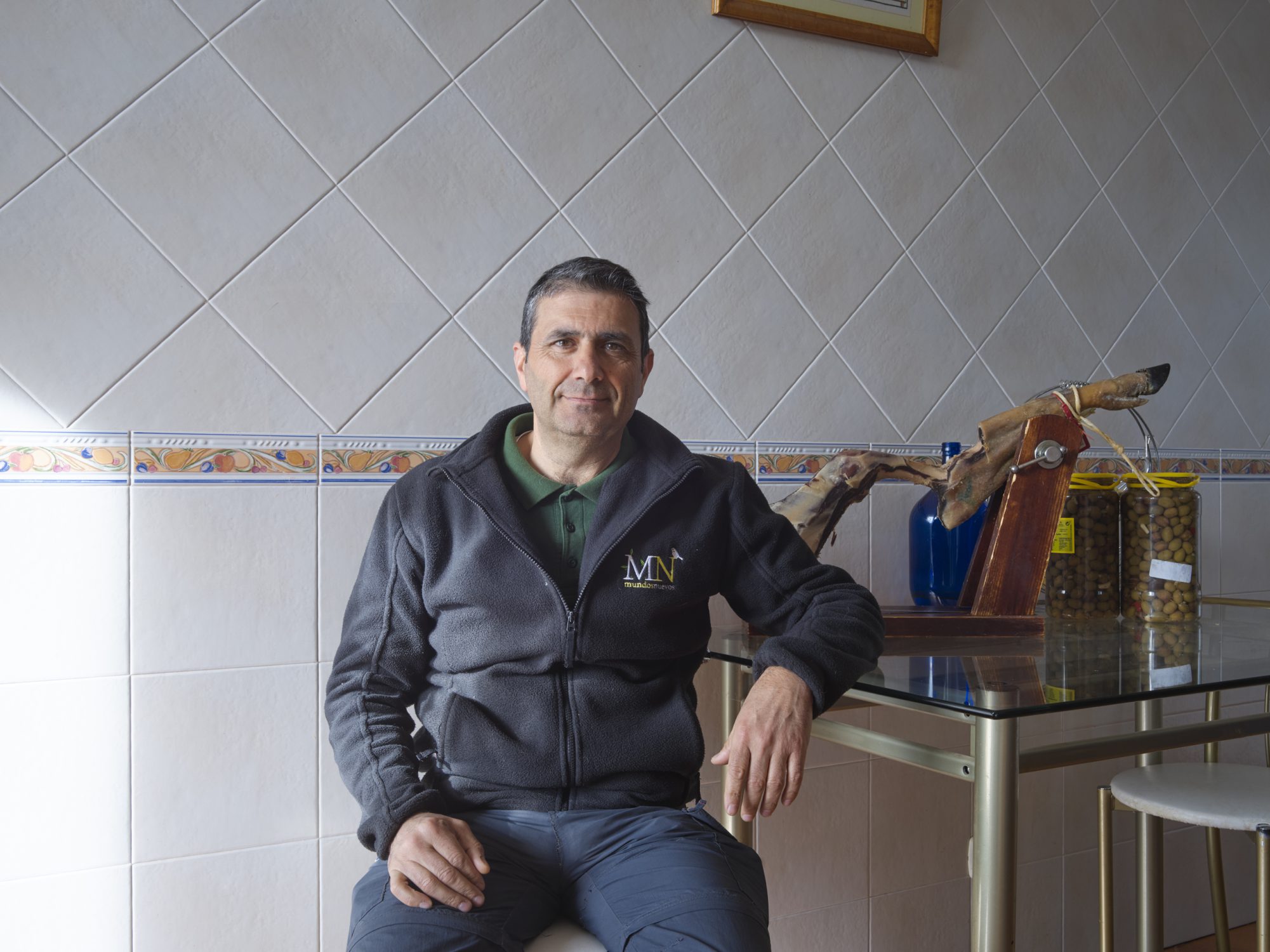
Producing food without destroying nature
“We could produce just as much as with conventional agriculture, or chemical agriculture, but we could also improve the natural conditions of our environment. For us, it was eye-opening to be able to keep producing, but without destroying. Conventional agriculture is a system of extraction. By using the tools of regenerative agriculture, especially with livestock, we achieved high-quality food production, while at the same time promoting the health and fertility of the soil and the ecosystem.”
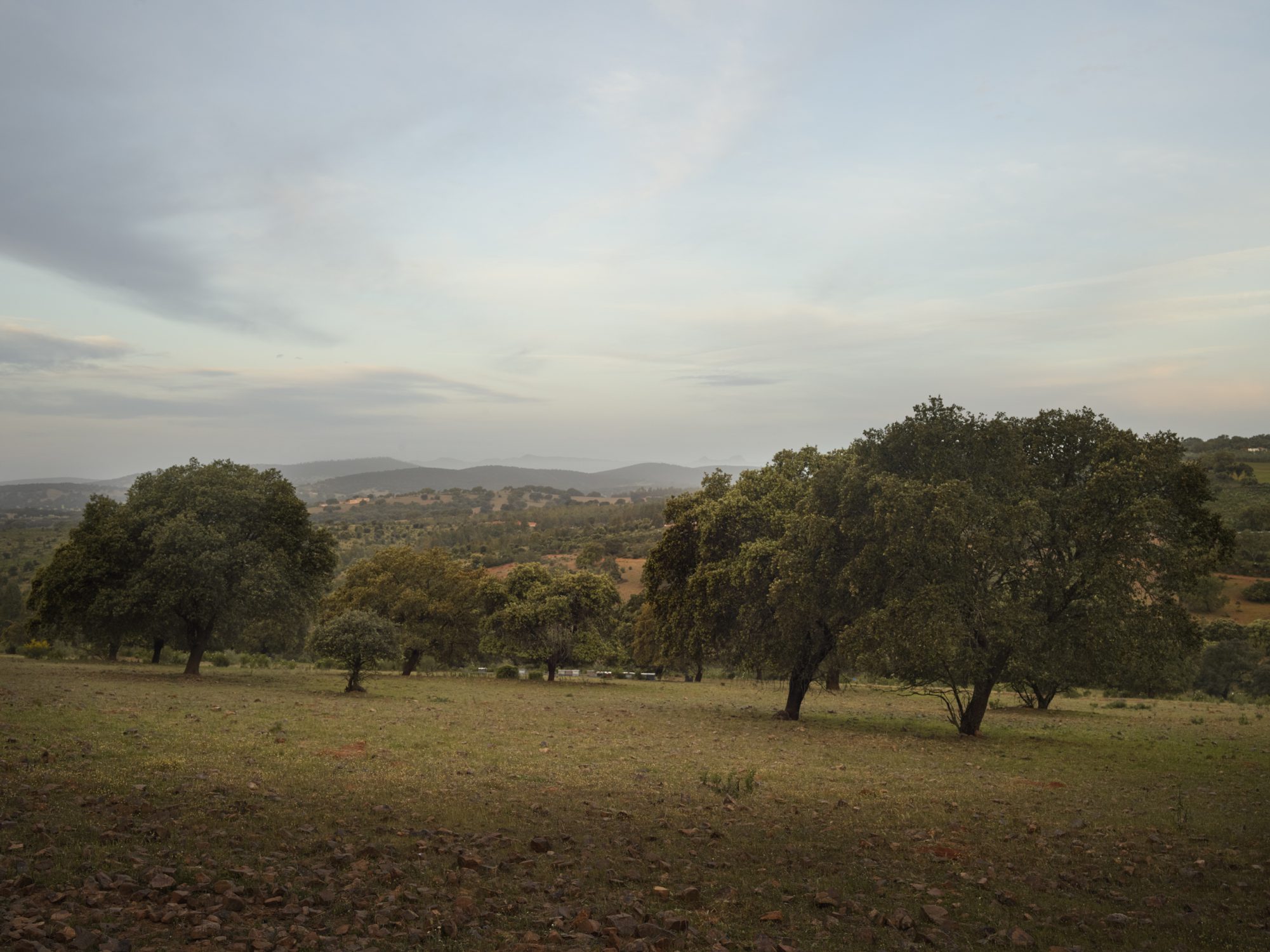
Nature is very generous
The text is taken directly from the film, which includes not a word of Spanish. Anyone watching the film hears the candid tale of two brothers who for years thought they were farming the ‘right’ way, doing everything as it should be done, encouraged by the government, agricultural advisers and Big Agro. They were trapped in a system of more input, higher yields, more input.
Now they farm entirely according to regenerative methods, with yields that are comparable to those of conventional farming.
The main difference is that they produce food of a far higher quality without damaging nature.
“We discovered that life around us was increasing and we feel happier and more satisfied all the time. Life around us is flourishing without needing much help from us. Nature is very generous.”
We have selected another two stories that might inspire you.
